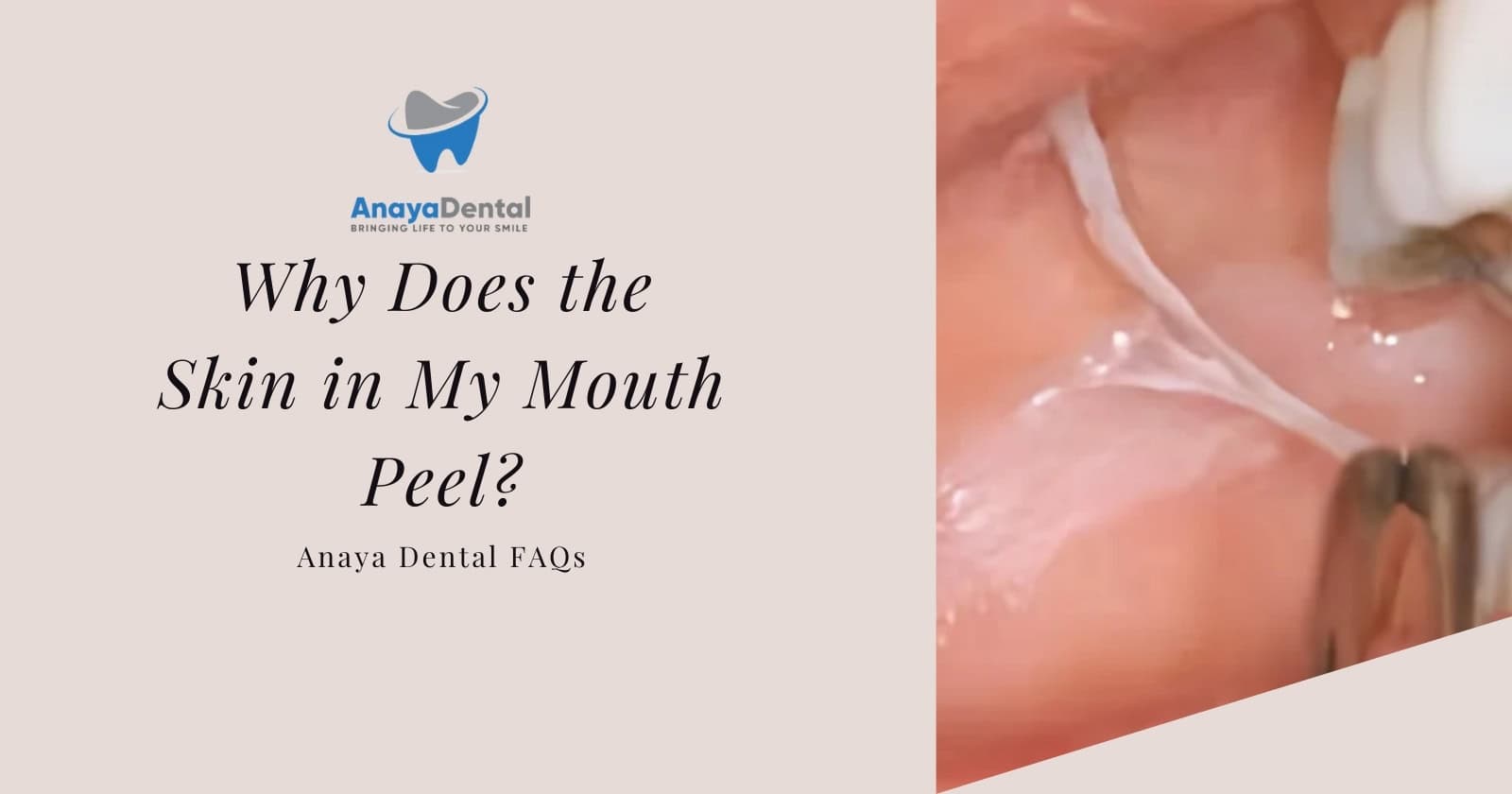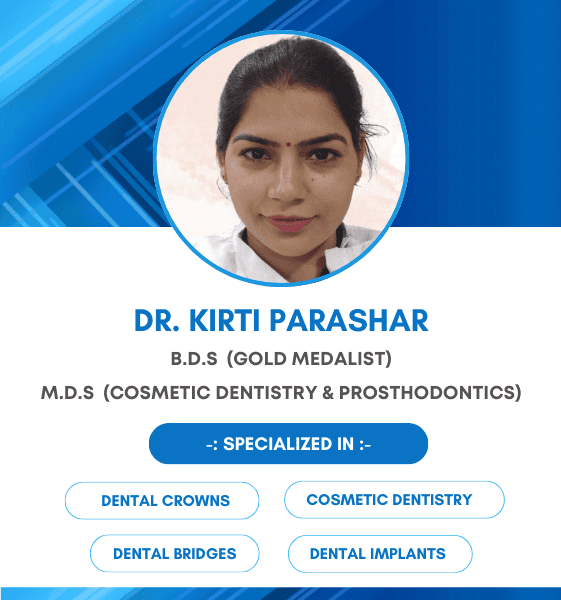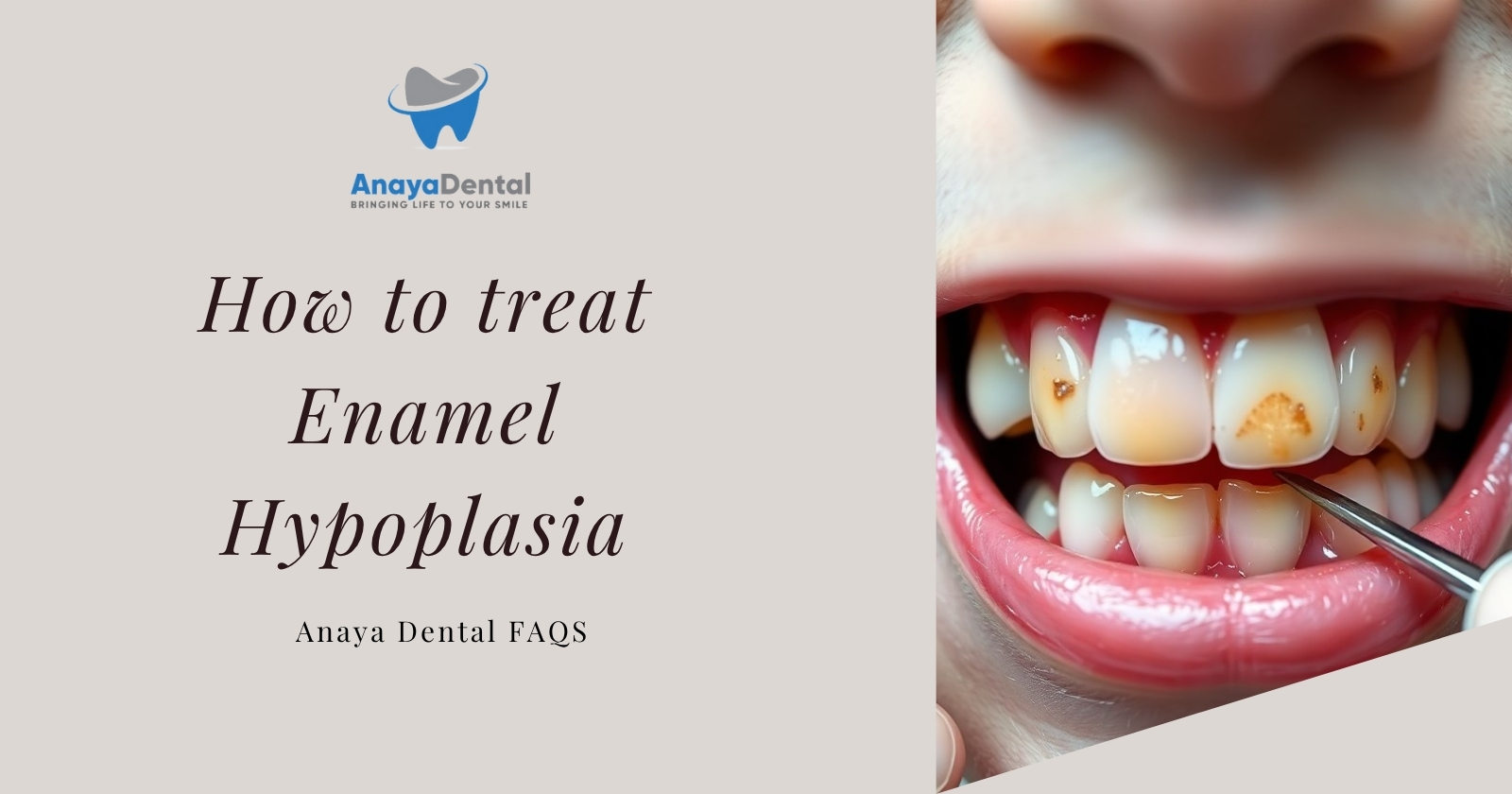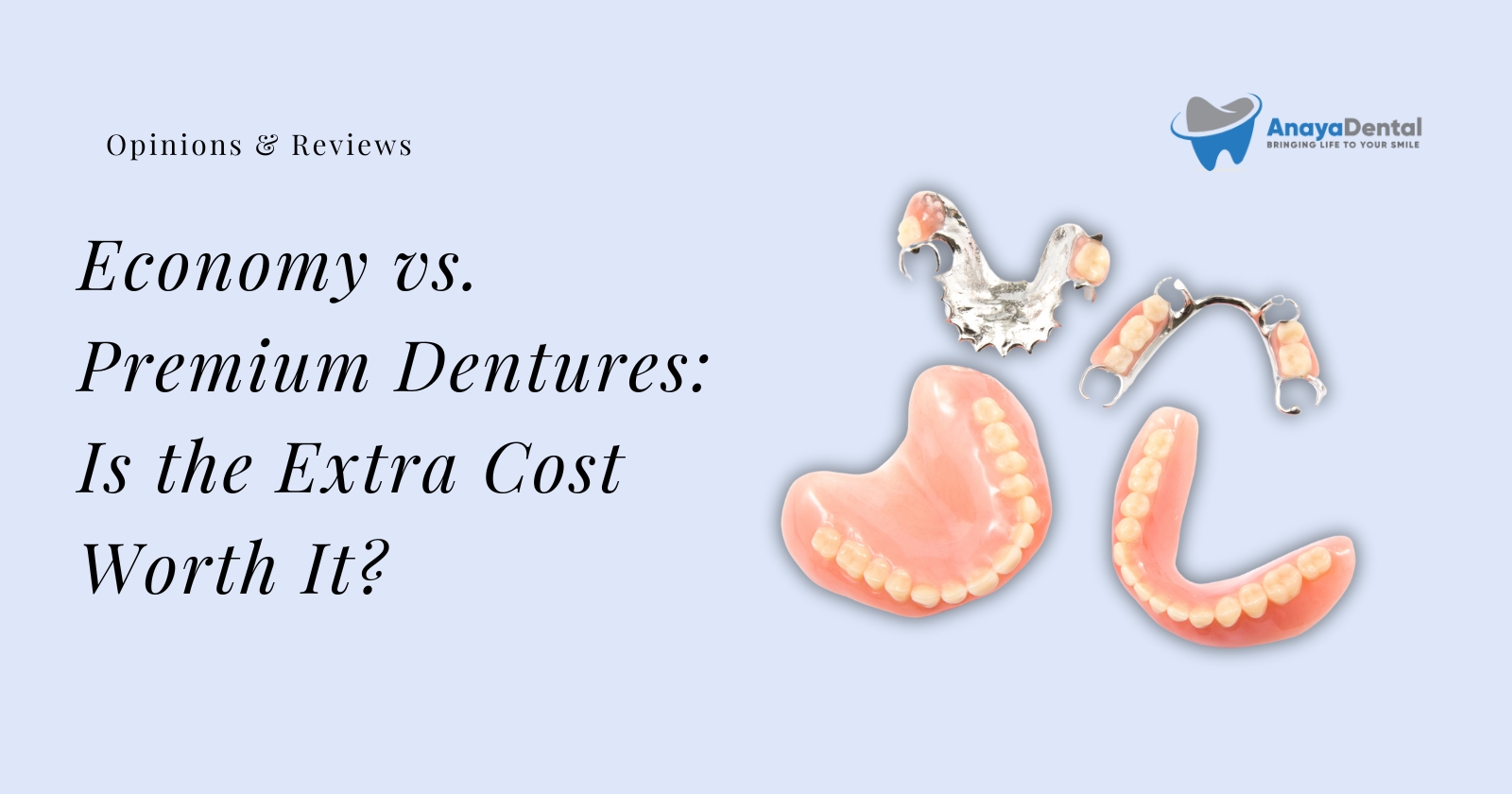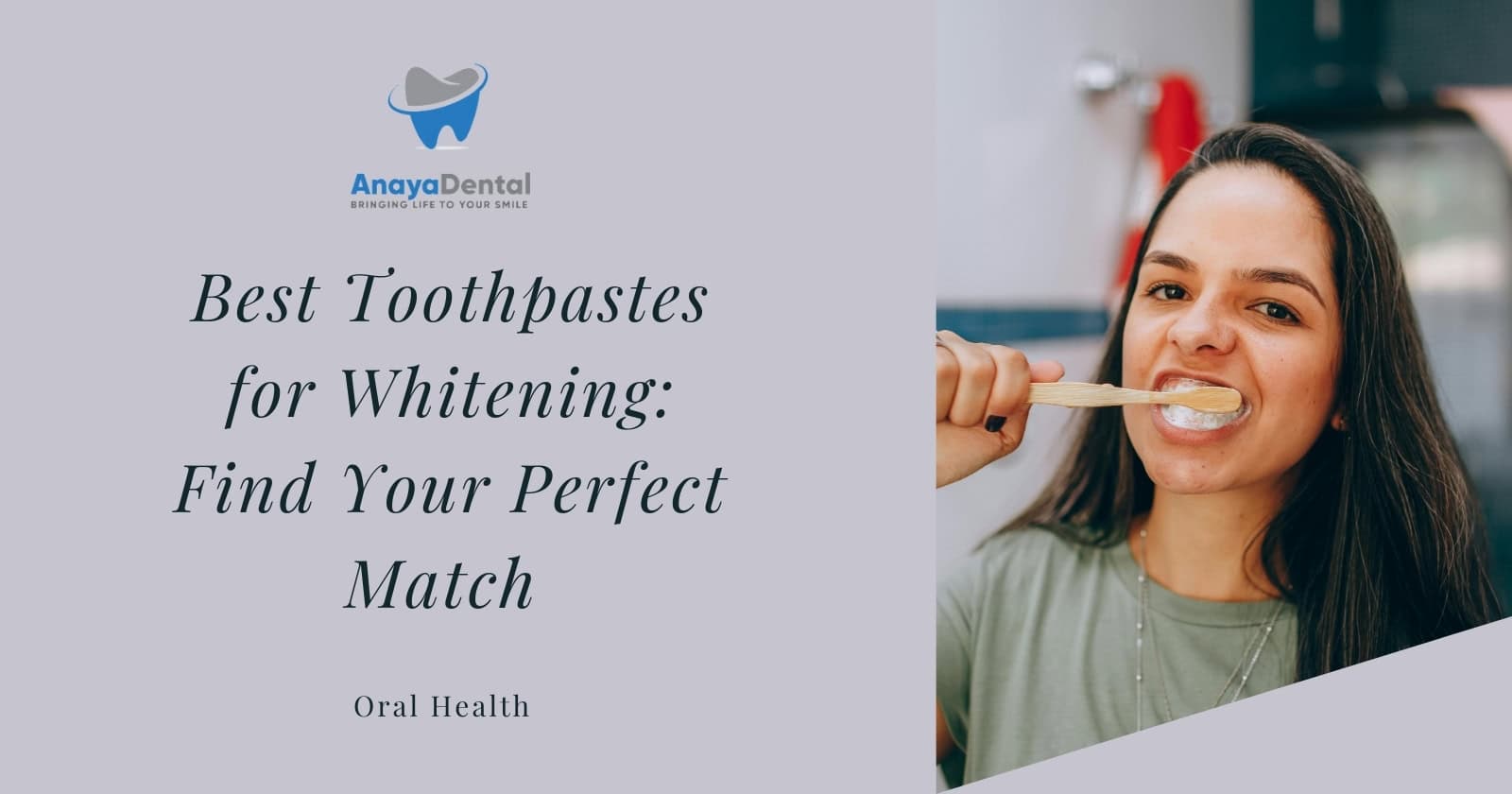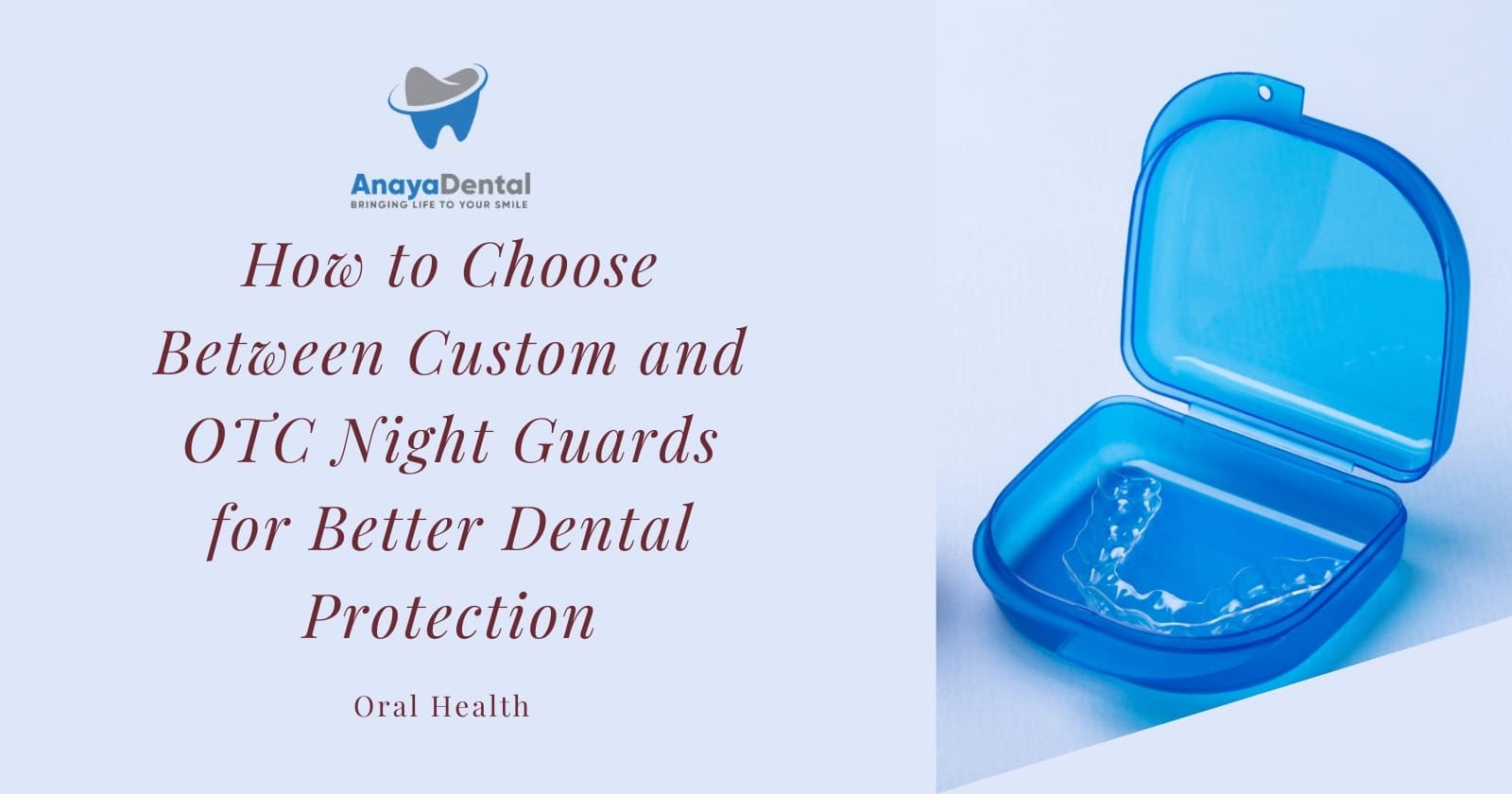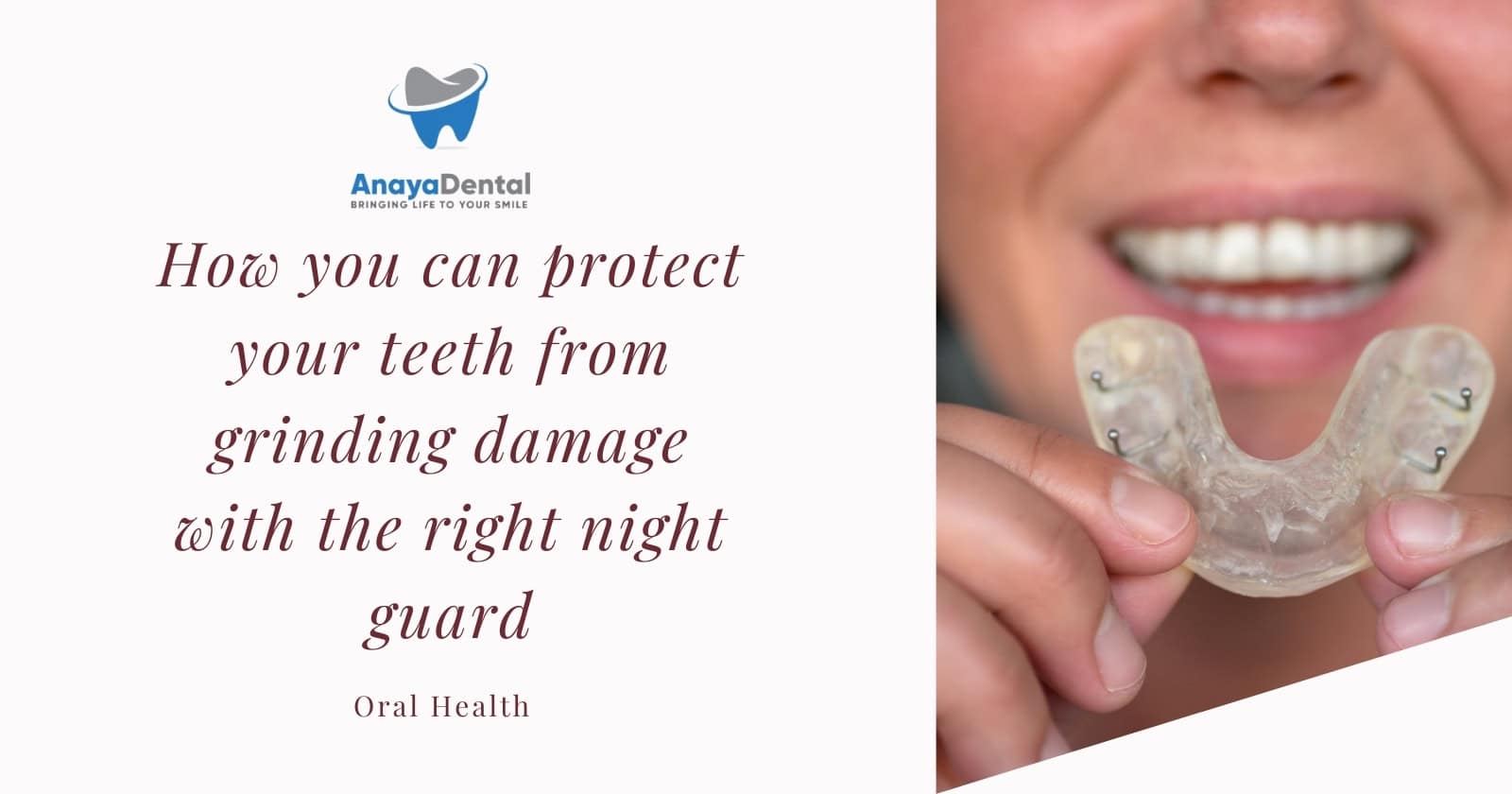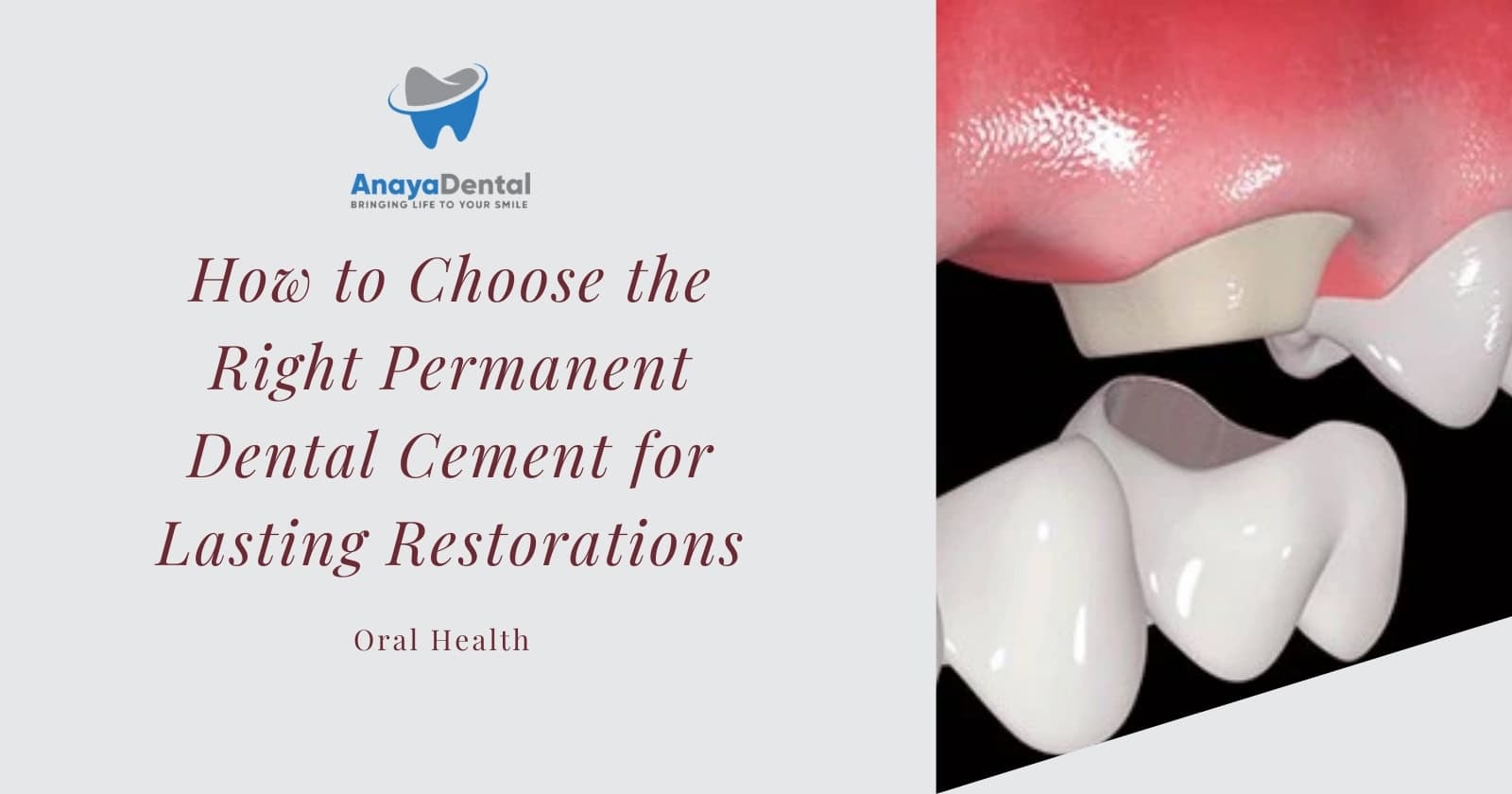It’s common to experience concerns about peeling skin in your mouth, and understanding the underlying causes can help alleviate your worries. This condition can stem from various factors including allergic reactions, nutritional deficiencies, or certain medical conditions. You may notice this peeling accompanied by symptoms like burning sensations or dryness, which can be uncomfortable. Identifying the cause is important for effective treatment, so let’s explore the possible reasons why this occurs and when you should consider consulting a healthcare professional.
Key Takeaways:
- Causes: Mouth peeling can be caused by several factors including allergies, irritants, or infections.
- Hydration: Dehydration or dry mouth can lead to peeling skin in the mouth; maintaining adequate hydration is vital.
- Medical Conditions: Conditions such as oral thrush, autoimmune diseases, or vitamin deficiencies may contribute to the problem and require attention.
Understanding Oral Mucosa
Before delving into the reasons behind peeling skin in your mouth, it’s imperative to understand the oral mucosa. The oral mucosa is the moist tissue lining the inside of your mouth, serving as a protective barrier against mechanical trauma, pathogens, and chemical irritants. This lining plays a vital role in maintaining oral health and overall well-being, so knowing its structure and function can provide insight into any issues you may encounter.
Structure of the Oral Mucosa
Before exploring its functions, let’s examine the structure of the oral mucosa. It consists of three primary layers: the outer epithelium, the underlying connective tissue, and the deeper submucosa. The epithelium is responsible for providing a protective layer, while the connective tissue supports and nourishes it. Understanding this structure can help you grasp how it responds to various stimuli and why you might experience peeling.
Try Our Dental Calculators
Functions of the Oral Mucosa
About the functions of the oral mucosa, it is not only a protective barrier but also plays significant roles in sensation and immunity. The mucosa contains sensory nerve endings that allow you to feel temperature and texture, which is imperative for eating and drinking. Furthermore, it contributes to the immune defense by producing saliva and facilitating the action of immune cells, helping to keep your mouth healthy and free from infections.
Plus, the oral mucosa actively participates in your oral health through various functions. Its protective capabilities help shield underlying tissues from injuries and foreign invaders, while it also facilitates healing by regenerating quickly when damaged. Additionally, the production of saliva not only aids in digestion but also acts as an antibacterial agent, washing away food particles and neutralizing acids. Sufficient knowledge of these functions may guide you in addressing conditions, such as peeling, while maintaining your oral health.
Causes of Skin Peeling in the Mouth
You may experience skin peeling in your mouth due to various factors, including allergic reactions, infections, inflammation, and certain medical conditions. Understanding these causes can help you identify potential triggers and seek appropriate treatment. It’s important to recognize that some cases may require medical intervention, especially if accompanied by other concerning symptoms.
Allergic Reactions
Among the potential causes of skin peeling in the mouth are allergic reactions. Your body may react to certain foods, dental products, or environmental allergens, leading to inflammation and peeling of the oral mucosa. Identifying and avoiding these allergens can alleviate your symptoms.
Infections and Inflammation
Among the different reasons for skin peeling in the mouth, infections and inflammation play a significant role. These conditions can arise from various factors, such as viral, bacterial, or fungal infections, which may lead to discomfort and peeling as your body responds to the infection.
Causes of infections and inflammation can stem from several sources, including candidiasis, a fungal infection often resulting in white patches, or herpes simplex virus causing painful sores. Inflammatory conditions like oral lichen planus or pemphigus vulgaris may also contribute to skin peeling in your mouth. It’s necessary to consult a healthcare professional if you experience persistent symptoms, as early diagnosis can lead to effective treatment and minimize complications.
Common Conditions Associated with Mouth Peeling
All individuals experiencing peeling skin inside their mouths may be suffering from several conditions. These can range from benign and self-limiting to more serious issues that require medical attention. Identifying the underlying cause is vital to finding the proper treatment and alleviating your symptoms.
Geographic Tongue
Above all, geographic tongue is a benign condition characterized by irregular, smooth patches on your tongue’s surface, which can lead to temporary peeling and discomfort. The patterns may change, and while the exact cause is unknown, stress, hormonal changes, and certain food sensitivities are thought to trigger flare-ups.
Oral Lichen Planus
An additional condition associated with mouth peeling is oral lichen planus, which occurs as a chronic inflammatory condition that can affect your mucous membranes. It often presents itself as white, lacy patches or sores, and can cause burning, pain, or peeling of the oral tissue.
Due to its chronic nature, oral lichen planus can significantly impact your quality of life. While the exact cause remains unclear, it is believed to be linked to an autoimmune response. You may experience symptoms intermittently, and the condition can cause discomfort and sensitivity to foods, especially spicy or acidic ones. Consultation with a healthcare provider is recommended to rule out more serious conditions and to discuss treatment options that may alleviate your discomfort and manage symptoms effectively.
Lifestyle Factors Affecting Oral Health
For optimal oral health, various lifestyle factors can significantly influence the condition of your mouth. Consider the impact of:
- Oral hygiene habits
- Diet
- Tobacco use
- Alcohol consumption
- Stress levels
After assessing these factors, you can make informed decisions that promote better oral health and reduce the likelihood of skin peeling in your mouth.
Oral Hygiene Practices
After establishing a solid oral hygiene routine, you’ll find that consistent brushing and flossing can dramatically improve your oral health. Make sure you use a soft-bristled toothbrush and fluoride toothpaste, and don’t overlook the importance of regular dental check-ups.
Diet and Nutrition
On the other hand, the food you consume plays a pivotal role in your oral health. A diet high in sugars and acidic foods can lead to a higher risk of developing mouth problems, while a balanced diet rich in vitamins and minerals can help maintain healthy tissues.
At the same time, a diet abundant in fresh fruits, vegetables, and whole grains contributes positively to your oral environment. These foods can provide important nutrients that support saliva production, promoting a moist atmosphere that can prevent peeling. On the flip side, insufficient hydration or excessive intake of processed foods can lead to dry mouth or oral discomfort, which may exacerbate peeling skin. Balancing your meals by incorporating sources of calcium, vitamin C, and probiotics can help to strengthen your oral health.
When to Seek Medical Attention
Keep an eye on your symptoms. If you notice persistent peeling skin in your mouth accompanied by pain, swelling, or bleeding, seek medical attention promptly. Additionally, if the peeling is accompanied by other signs such as difficulty swallowing, a fever, or the appearance of lesions, it’s important to consult a healthcare professional for evaluation and appropriate treatment.
Red Flags and Symptoms
Around your mouth, if you experience any unusual symptoms such as extreme sensitivity, dryness, or changes in taste, this could indicate a more significant condition. Be attentive to signs of infection, such as fever or worsening pain, and do not hesitate to contact your doctor if these issues persist or worsen.
Diagnostic Procedures
After discussing your symptoms, your healthcare provider may recommend specific diagnostic procedures. These could include visual examinations, swabs, or biopsies to identify underlying causes of the peeling skin.
Flags will be raised if your doctor conducts a thorough examination of your mouth to assess the peeling and any associated symptoms. Diagnostic tests, such as oral swabs or a biopsy, may be performed to rule out infections or other serious conditions. Depending on findings, your physician can devise an appropriate treatment plan tailored to your specific situation, helping to alleviate any discomfort and prevent further complications.
Treatment Options for Mouth Peeling
Once again, addressing peeling skin in your mouth can involve various treatment options depending on the underlying cause. It’s crucial to identify the reason for the peeling, as this will guide you toward the most effective solution. Consultation with a healthcare professional can help you evaluate your symptoms and tailor an appropriate treatment plan.
Home Remedies
To alleviate symptoms of mouth peeling, you may consider trying some simple home remedies. Staying hydrated is vital, so ensure you drink plenty of water to keep your mucous membranes moist. Additionally, using a humidifier at home can help maintain moisture in the air, which may soothe the peeling. Incorporating aloe vera gel or coconut oil can also provide relief and promote healing.
Medical Treatments
Medical treatments may be necessary when home remedies do not provide sufficient relief or if the peeling is caused by an underlying condition.
Another option could be a prescription for corticosteroids to reduce inflammation, especially if your peeling skin is due to conditions like lichen planus or oral thrush. Your doctor may also recommend antifungal medications if an infection is suspected. If the peeling is related to a vitamin deficiency, supplements may be prescribed to replenish necessary nutrients. It’s vital to consult with a healthcare professional to ensure you receive the most appropriate treatment for your specific situation.
Conclusion
Upon reflecting, you may find that the peeling skin in your mouth can stem from a variety of factors, including dehydration, irritation from food or dental products, or underlying health conditions. It is important to pay attention to your oral health and consider potential triggers such as allergies or infections. If the peeling persists or is accompanied by other symptoms, consulting a healthcare professional is advisable to ensure proper diagnosis and treatment. Taking proactive steps can help maintain your oral health and overall well-being.
FAQ
Q: What causes the skin in my mouth to peel?
A: The peeling skin in the mouth can be attributed to several factors. One common cause is irritation from certain foods, such as spicy or acidic items, which can lead to minor inflammation and peeling. Additionally, oral conditions like leukoplakia, which can cause thickened patches in the mouth, can sometimes lead to peeling. Other possibilities include allergies, reactions to dental products, or even dehydration which can affect the mucous membranes in the mouth. If peeling persists, it is advised to consult with a healthcare professional for accurate diagnosis and treatment.
Q: Is peeling skin in the mouth a sign of an underlying health issue?
A: In some cases, peeling skin in the mouth can indicate an underlying health issue, such as a fungal infection (like oral thrush), vitamin deficiencies (particularly B vitamins), or autoimmune conditions. While occasional peeling might be harmless, frequent or severe instances should be evaluated by a healthcare provider. They can conduct a thorough examination and may perform tests to determine if there is a more significant health concern that needs addressing.
Q: How can I prevent my mouth skin from peeling?
A: Prevention strategies for peeling skin in the mouth include maintaining good oral hygiene, staying hydrated, and avoiding irritating foods or substances that might trigger the condition. It can also be beneficial to minimize alcohol consumption and quit smoking, as both can contribute to oral health issues. Regular dental check-ups can help identify any changes in oral health early on. If you experience peeling skin frequently, discussing preventative measures with a healthcare professional is recommended.
